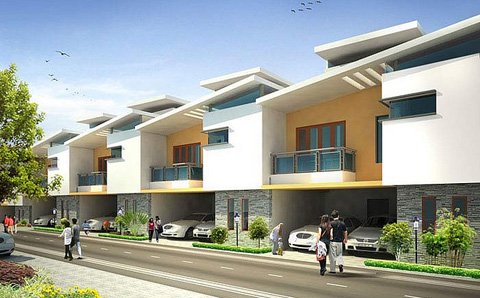At the end of July the Indian government released a draft Land Acquisition Bill, which if ratified would put in place a legal framework aimed towards protecting the interests of people whose livelihoods depend upon the acquisition of land, as well as the interests of owners and prospective buyers.
It is all part of the government’s aim to make the real estate market much more transparent and to ensure an enforceable set of rules and regulations are in place. This is because there have been a number of protests over the years, especially over the acquisition of farmland for housing and industrial projects, and as the current act was put in place in 1894 it is somewhat archaic.
However real estate developers have considerable concerns over this new bill, and have pointed out that it could cause dramatic rises in property prices. The chairman of the Confederation of Real Estate Developers Association of India (CREDAI), Pradeep Jain, points out that if this bill goes ahead then property prices could increase by 100% as it will become much more expensive for developers to build townships, and that this cost will eventually have to be borne by the consumer. Jain feels that this new bill should only apply to government bodies.
Apparently the clauses which are causing concern involve rehabilitation and resettlement (R&R) for private land assembly. It's quite common for developers to assemble land without displacing anyone on the outskirts of big cities, and Pradeep Jain’s argument is that developers already do these deals at a fair market price which includes R&R costs.

India is facing a housing shortage, something the new Land Acquisition Bill could exacerbate. Image courtesy of Axiomestates
There are also concerns over proposals to give one acre of land to each displaced scheduled tribe family in a 100 acre or more project. Developers have pointed out that this would make it extremely difficult to identify land parcels of a sufficient size for development if it were necessary to include extra acreage for rehabilitation.
The worry is that the government's intervention in free markets could make many real estate developments unviable due to the extra costs involved, ultimately leading to a lack of supply. India already faces a shortage of new homes which is estimated to number around 26 million by 2012.
Read the original article in The Financial Express.